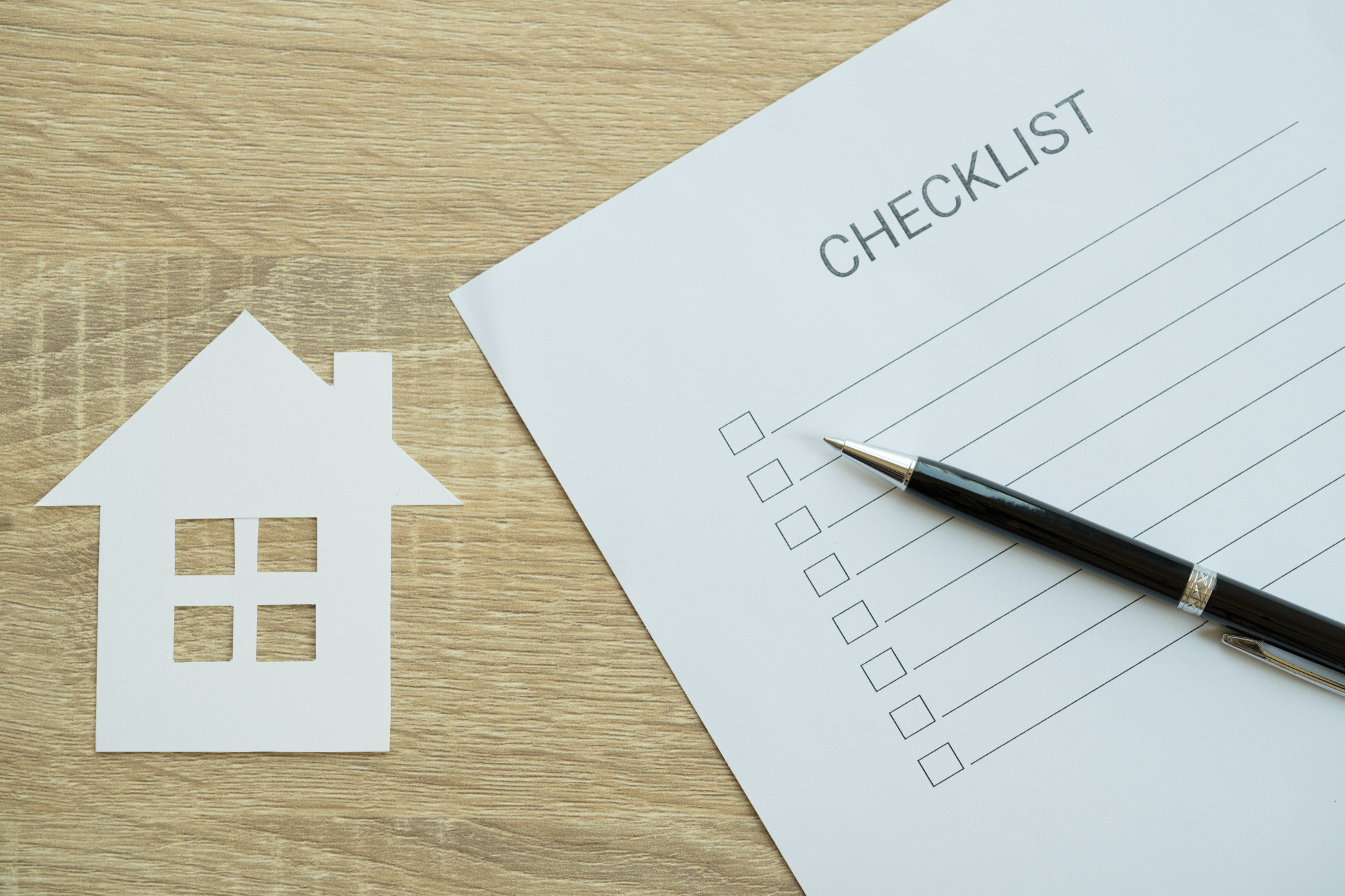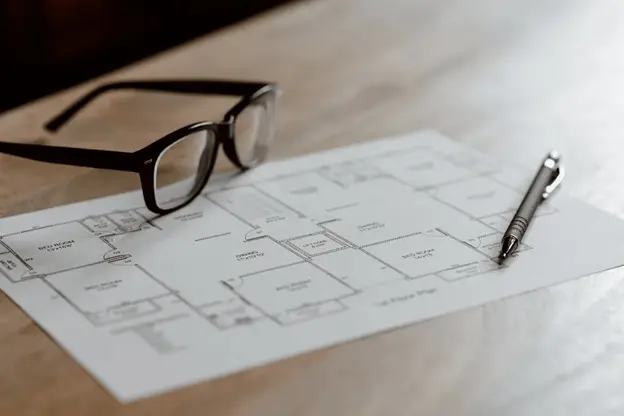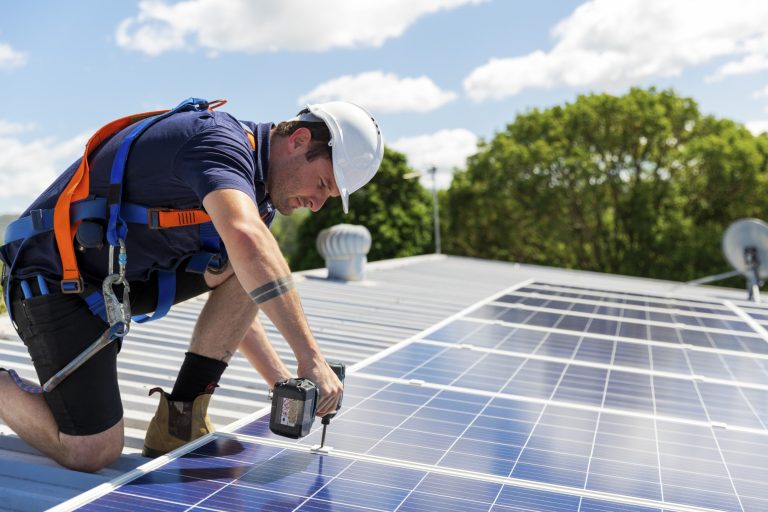Everything the New Home Buyer Needs to Know
Did you know that 70% of Americans say that young people today have a hard time buying a home?
Are you one of the lucky home buyers today and hope to learn from other new homeowners, specifically about the mistakes you don’t have to make?
In this article, learn about everything a new home buyer needs to know. From finding the right insurance to knowing when to use maintenance contracts, ensure you can protect your new home with these essential tips.
Read on to discover more.
Get Pre-approved for a Mortgage
Getting pre-approved for a mortgage is a crucial first step in home buying. It provides you with a clear understanding of how much money you can borrow, which will help you determine your budget when you buy a home. When you get pre-approved, the lender will review your financial information, such as your credit score, income, and debts, and give you a pre-approval letter that states the maximum amount you can borrow.
By getting pre-approved, you can avoid the disappointment of falling in love with a home that’s outside of your budget. You’ll also be in a stronger position when it comes time to make an offer on a home, as sellers will take your pre-approval letter seriously and know you’re a serious buyer. In a competitive market, having a pre-approval letter can also give you an advantage over other buyers who still need to go through the pre-approval process.
It’s essential to keep in mind that pre-approval is not a guarantee of a loan. Once you’ve found a home and made an offer, you’ll still need to go through the full mortgage application process. However, getting pre-approved is an important first step to help you make informed decisions throughout the home-buying process.
Research Neighborhoods
Researching neighborhoods is another important step in the home-buying process. When looking for a new home, it’s essential to consider the location and the surrounding community.
Proximity to Schools, Work, and Amenities
Consider the distance from the neighborhood to the places you and your family frequent most, such as schools, work, grocery stores, and restaurants.
Crime Rate
Safety is a top priority for most homebuyers. Check the neighborhood’s crime rate to ensure you and your family feel secure in your new home.
Property Taxes
Property taxes vary from state to state and can significantly impact your budget. Be sure to research the property tax rates in the neighborhoods you’re interested in.
Zoning Laws
Zoning laws can affect what you can and cannot do with your property. Make sure to research the zoning laws in the neighborhoods you’re considering to ensure that your property plans align with the regulations.
Community Events
Many neighborhoods have active community associations that organize events and activities for residents. Consider the events and activities offered in the neighborhoods you’re interested in and whether they align with your interests and lifestyle.
Work With a Real Estate Agent
When buying a new home, working with a real estate agent is a smart decision. A good agent can help you navigate the home-buying process, provide valuable insights into the local market, and negotiate on your behalf.
Knowledge of the Local Market
Real estate agents have access to a wealth of information about the local market, including data on recent home sales, current inventory, and market trends. This knowledge can help you make informed decisions when buying a home.
Finding the Right Home
A good agent will take the time to understand your needs and preferences and help you find homes that meet your criteria. They can also provide access to properties that may not be listed publicly.
Negotiating the Best Deal
Real estate agents are skilled negotiators and can help you get the best possible price for your new house. They can also help you navigate any issues that may arise during the negotiation process.
Guiding You Through the Closing Process
Once you’ve found a home and made an offer, there are still many steps to take before the sale is final. Your agent can guide you through the closing process, ensuring all necessary paperwork is completed, and the transaction goes smoothly.
Providing Valuable Advice
Real estate agents have a wealth of knowledge about the home-buying process and can provide valuable advice on everything from financing to home inspections.
Make a List of Must-Haves
Making a list of must-haves is an important step when you buy a house. It can help you narrow down your search and ensure that the homes you’re considering meet your needs and preferences. There are several common must-haves to consider when making your list.
First, consider the number of bedrooms and bathrooms you need based on your family size and lifestyle. Also, consider the outdoor space you want, such as a backyard, balcony, or patio. Location is also important, so decide on the setting you want, such as suburban, urban, or rural.
Additionally, consider the amount of storage space you need, the level of updates and upgrades you want, and whether you want an energy-efficient home. School district quality is also important if you have children or plan to in the future. Consider any accessibility needs you may have, as well as pet-friendly features if you have pets.
Schedule Home Inspections
Home inspections are typically conducted by a professional inspector found on aaaleadpro.com who specializes in asbestos removal. Also, look for professionals who examine the condition of the home’s structure, foundation, roof, electrical and plumbing systems, and more.
To schedule a home inspection, it’s important to choose a reputable inspection company with experienced and licensed inspectors who can provide you with a thorough and detailed report. It’s also recommended that you attend the inspection so you can ask questions and get a better understanding of the home’s condition.
After the inspection is complete, you should confirm with the inspection company when you can expect to receive the inspection report, which should include a list of any issues found during the inspection. If significant issues are found during the inspection, you may need to schedule follow-up inspections with specialized inspectors, such as a structural engineer or electrician.
Negotiate the Price
When buying a new home, negotiating the price is an important step that can save you money and ensure you get a fair deal on the property. To negotiate the price, it’s important to research the local housing market to get an idea of the fair market value of similar homes in the area. This will help you determine a reasonable offer to make.
It’s also important to know your budget and stick to it during negotiations. If the home inspection reveals any issues with the property, use them as leverage during negotiations to lower the price. If the seller isn’t willing to negotiate or the price is too high, be prepared to walk away and continue your home search.
A real estate agent can provide valuable advice and guidance during negotiation. Consider using one if you need help with how to negotiate.
Finally, it’s important to maintain a respectful and professional attitude during negotiations. It is to maintain a positive relationship with the seller.
Understand Closing Costs
Closing costs are expenses that homebuyers pay when purchasing a property, in addition to the home’s purchase price. These costs include fees such as appraisal, inspection, title search, loan origination, and attorney fees.
Closing costs typically range from 2-5% of the home’s purchase price, depending on factors such as the location and the type of loan. It’s important for homebuyers to understand closing costs and budget for them when buying a home.
Plan for Moving Day
Moving day is a significant milestone when buying a new home. Proper planning is crucial to ensure that the process is as smooth as possible. Creating a checklist is an excellent place to start. It outlines everything that needs to be done before and on the big day, such as packing, arranging for movers, and notifying utilities.
Booking movers early is important to ensure that they’re available on your preferred moving day. Labeling boxes with the contents and the room they belong in will make unpacking much more accessible. Pack a moving day essentials box with toiletries, a change of clothes, and snacks to have on hand during the move.
Notify utilities and change your address with the post office, banks, and other important contacts before moving day. If you’re getting help from friends or family, coordinate with them in advance to ensure that everyone knows what to do on moving day.
By planning ahead and preparing for moving day, you can reduce stress and ensure that everything runs smoothly. Following these tips can help you plan for a successful move into your new home.
Learn These Tips as a Home Buyer
Being a home buyer can be overwhelming. Following these steps and tips can equip you with the tools you need to find and secure the home of your dreams.
If you’re still unsure of the process, contact an experienced real estate agent. They can answer all your questions and help guide you through the process.
Did you find this article helpful? Check out the rest of the site for more informative content.






